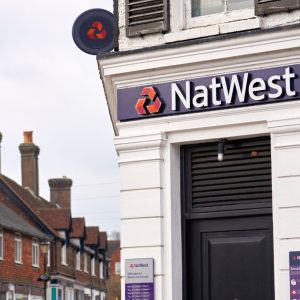
Safety boxes provided by the bank enable its customers to store valuable items in a private and secure place.
HSBC was quoted by Reuters as saying: "The nature of a safe deposit locker means it has the potential for misuse for criminal purposes.
"We have introduced several clauses to the conditions of lease for safe lockers to further strengthen our defenses against financial crime and to enable us to co-operate with law enforcement agencies when required."
However, the bank did not give details on the new rules introduced for safety boxes or whether it was looking to implement them in other countries.
It said that the tightened rules would be applicable to its customers who leased safety lockers before 18 December 2014.
The lender said it has asked its customers not to use safety lockers to store illegal property such as illegal drugs, offensive weapons, stolen property or guns.
In December last year, a report released by the federal government of Switzerland detailed about the vulnerability of safety boxes to financial crimes.
In 2012, HSBC agreed to pay a fine of $1.92bn in the US for failing to prevent the flow of millions of dollars in drug money from its bank accounts in Mexico. The bank has also assured to resolve the issues.
HSBC, Britain’s biggest bank, has been taking steps to upgrade its compliance and risk processes following a tax evasion scandal at its branch in Switzerland.
In February, it agreed to pay $470m as settlement in the US for allegations over its involvement in abusive mortgage practices before seizing the homes of borrowers who defaulted as a result of financial crisis.
Besides paying penalties, HSBC said that it would implement standards for the servicing of mortgage loans, the handling of foreclosures and for ensuring the accuracy of information provided in federal bankruptcy court.
Image: HSBC’s Hong Kong head office. Photo courtesy of WiNG/Wikipedia.






